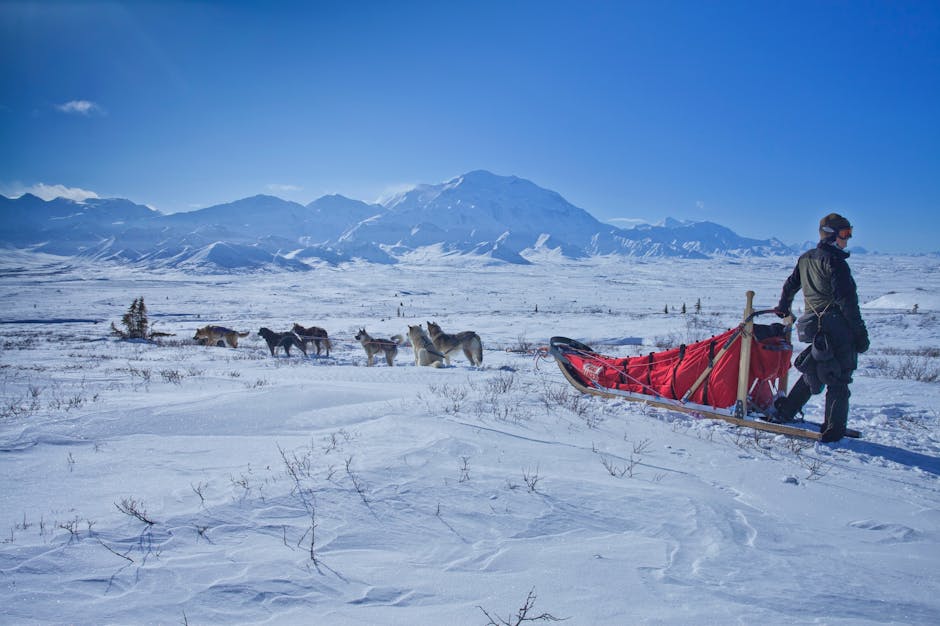
Summary - The Alaska Permanent Fund is a $61 billion communal resource that collects revenues from Alaska's oil and mineral leases to give each person in the state $2000 per year. This fund is the closest thing to a universal basic income that we have seen in the U.S.. Researchers from the university of Chicago Harris School of Public Policy have analyzed the economical effects of this fund and found that employment did not decrease. In fact, they found that the number of people in part-time work actually increased 17%. As automation today is threatening many human-held jobs, some are looking at universal basic income as a realistic option. Many others disagree with the implementation, stating that higher basic income funds would lead to less employment.
Questions -
Why do you think, in this specific case, that people given basic incomes are still likely to keep working?
Looking at both the benefits and costs of a universal basic income, do you think it should be implemented? If so, what should be the amount funded?
Link -
https://futurism.com/basic-income-part-time-work/
3 comments:
It's not that surprising to me that people given these basic incomes are still working because they can't live off of $2000. That would barely cover rent for a month, so they need other jobs to supplement that income. While that might explain why people will keep working I wonder why the number of people starting part-time work is increasing. Are people with full-time jobs quitting to take up part-time jobs because they have that $2000? Whatever the answer is, I do think that a universal basic income could be beneficial but the amount funded would probably vary by state.
The economic findings regarding the effects of the Alaska Permanent Fund seem promising to me, though they ultimately aren’t conclusive enough to definitively claim that a universal basic income won’t lead to a decrease in employment. As Haley mentioned, $2000 per year isn’t a living wage, making it necessary for Alaskan residents to obtain at least part-time jobs to supplement their incomes. I believe that several other countries (such as Finland, Namibia, and Brazil) have implemented or plan to implement similar experiments; these results would likely lead to more reliable evidence as to the effects of a UBI. Although I don’t see employing universal basic income as a good long-term solution for dealing with the loss of jobs due to automation, I do see the benefits of utilizing it in moderation, especially to lower-income residents.
I agree with Haley. With a universal income of $2,000, maybe in Alaska some people might be able to make a living, but certainly in other areas, they would not make it by. I think that this is a really interesting study and while the effects are positive, I don't see a similar outcome occurring in more populated states like California or New York. This might work in lower populated states, but in other areas, I do not think that it is very practical.
Post a Comment